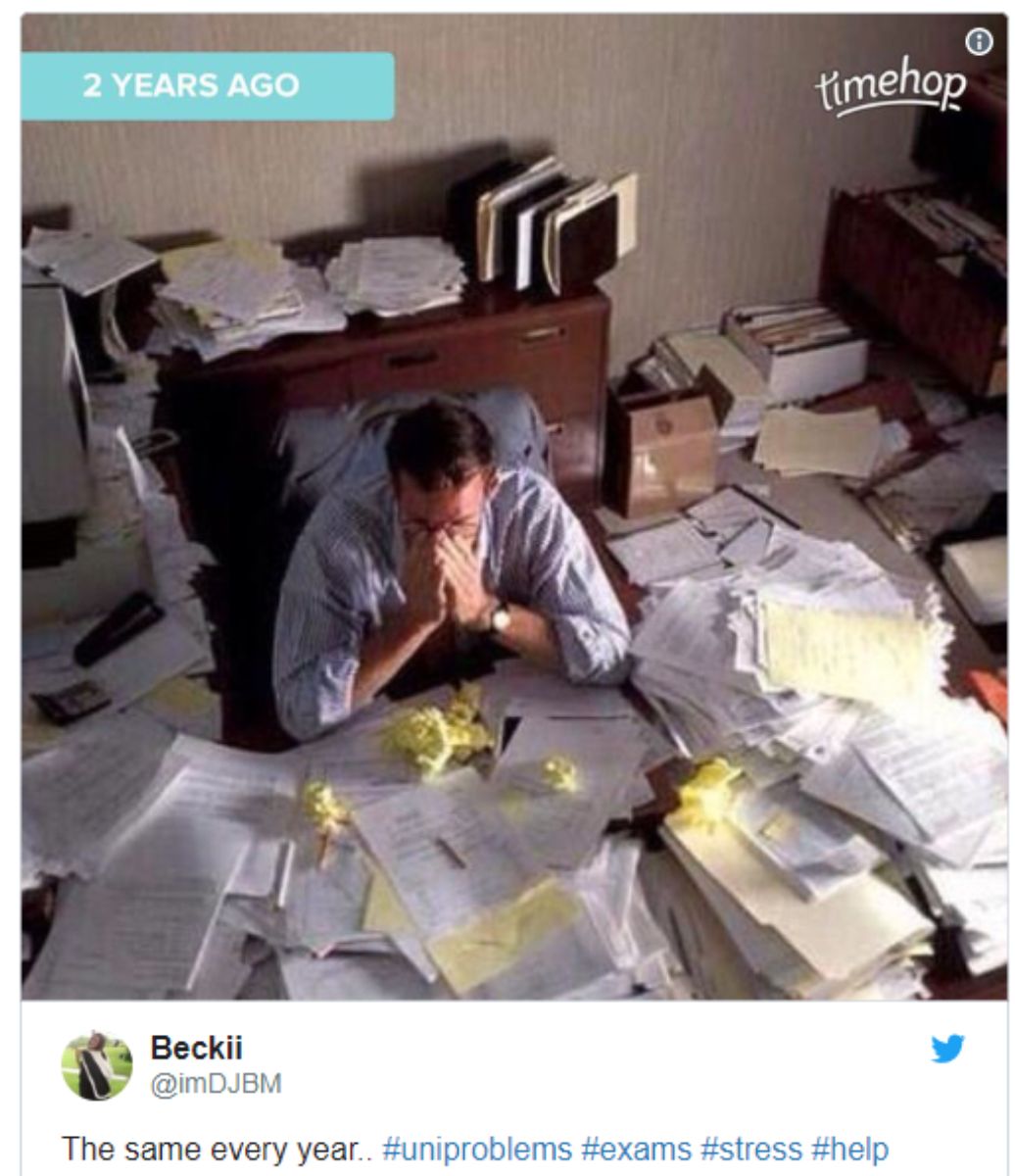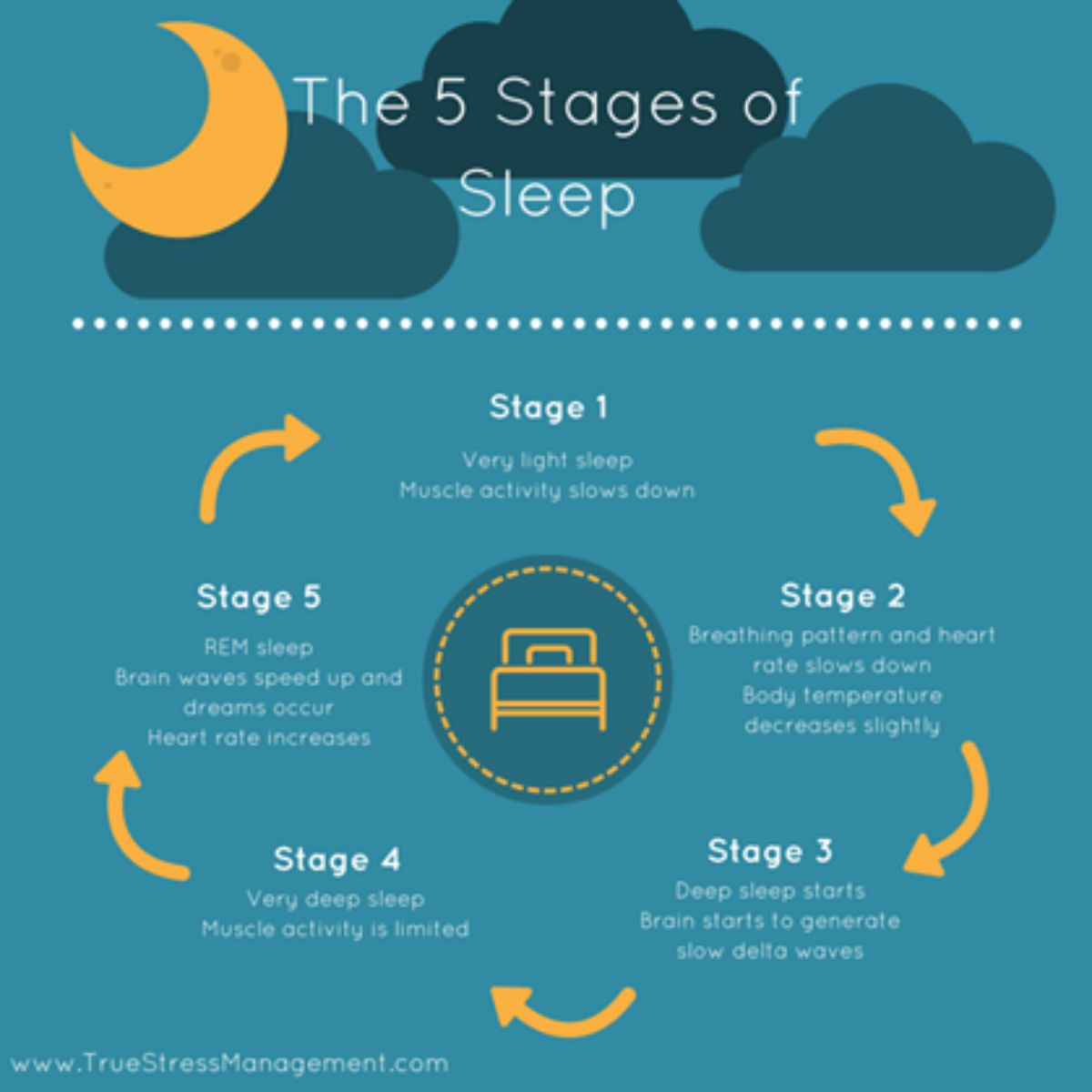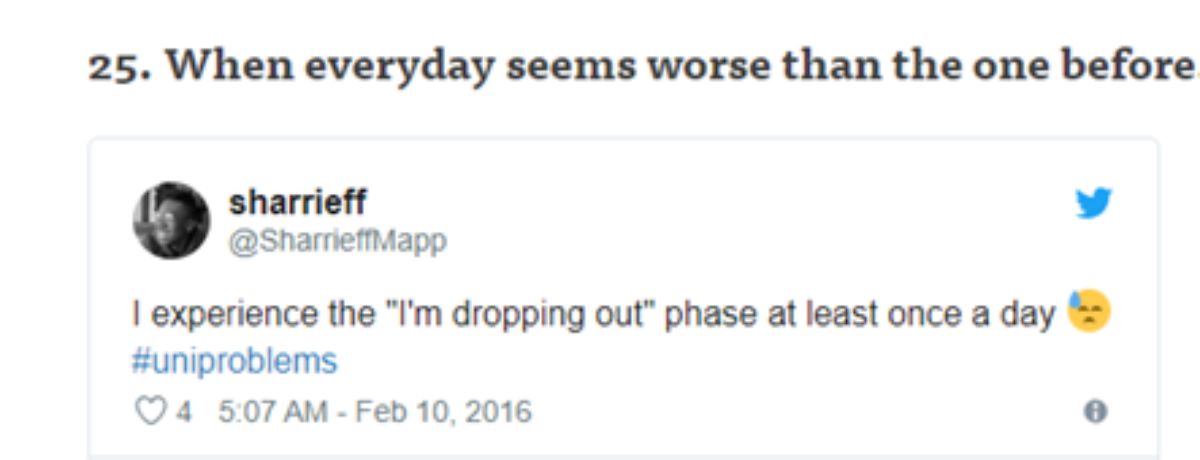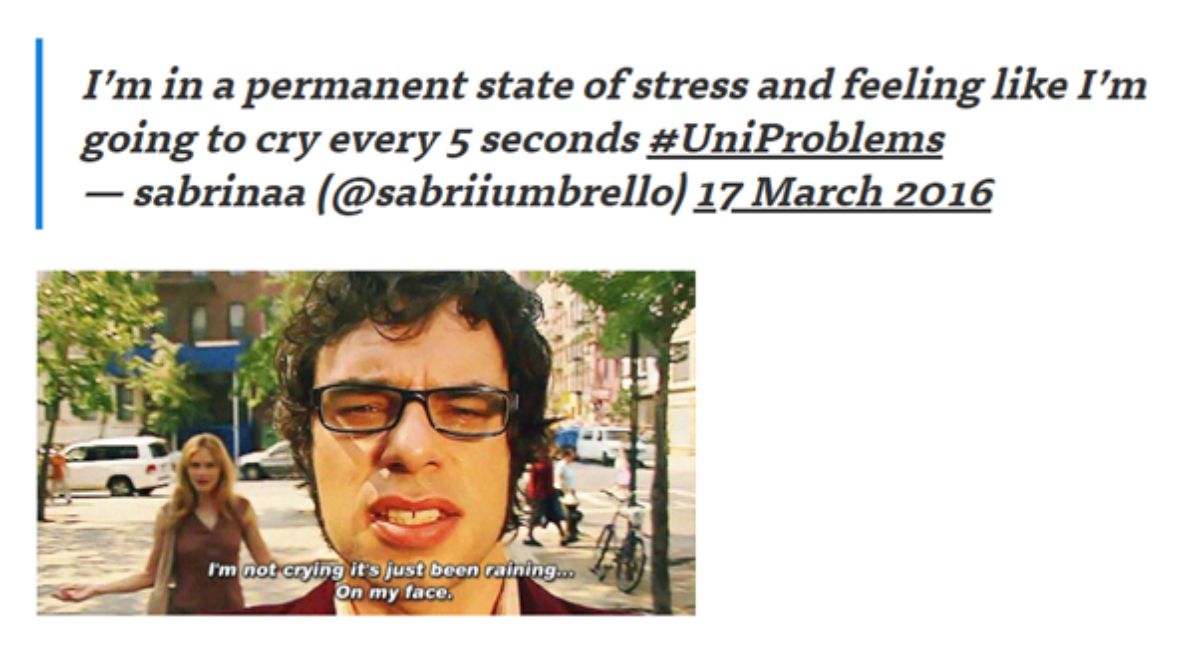As we continue to adjust to the ‘new norm’, coronavirus is the lens we’re looking through. In times of isolation, it can be easy to forget that there are a WEALTH of resources, people willing to help, to connect, and to guide you through this uncertain period.
That’s why i’ve compiled a COVID-19 resource megathread. Below is a list of ALL the uni-specific COVID-19 related links and resources that students can use! For general wellbeing advice, check out this post.
University of Auckland
- UOA Master Update Site: UoA regularly updates on the virus and how it’s affecting the university, it will update what that means for your studies in the link.
- Coronavirus student support page: Range of resources and information from financial hardship advice to study plan guides.
Auckland University of Technology
- AUT Master Update Site: AUT students can access a centralised page for COVID-19 that links up ALL the useful information and advice for students. This includes vice chancellor announcements and their R U OK online service.
- AUT App: Keeps you up-to-date with guidance on self-care, wellbeing, and how you can stay connected during this time.
University of Waikato
- UoW Master Update Site: Waikato uni has the hands down most easy-to-navigate page. Set up in a FAQ style, it provides in-depth information about specific areas of university life.
- Coronavirus questions and answers sheet in Mandarin
- General information: For staff, students, parents, and supporters of UoW.
Massey University
- Massey Master Update Site: Information about study changes, studying online, and how to access student services. Regular updates also via Steam.
- A new grant to assist students suffering hardship due to the impact of COVID-19 has been announced. For more details visit the MUSA website.
Victoria University of Wellington
- VuW Master Update Site: Guidance on the outbreak’s impact on university study and how to keep yourself and others safe.
- Information for thesis students: Advice on accessing facilities, extensions, and submission for graduates.
- International student advice: For international students and those affected by travel restrictions. Advice on fees, visas, and student accommodation.
University of Canterbury
- Canterbury Master Update Site: COVID-19 updates including key contact information and FAQ.
- Insider’s Guide: The UC student blog has some great tips and ideas on connecting and staying well during the crisis.
University of Otago
- Otago Master Update Site: A very comprehensive page listing information for all kinds of students and links to student health services.
- Postponements and cancellations: Handy web page showing events that have been currently cancelled/postponed or are now in digital formats.
Further info + resources
At Niesh, we heavily value taking care of your mind, body and soul. Above are some great resources that students can utilise. If you know a friend that is struggling, we strongly encourage you to share this knowledge with them.
]]>As the new year approaches, for many it is time to delve into new resolutions, experiences and challenges.
One of the biggest decisions YOU can make at University is whether to embark on a semester or year-long exchange.
As an exchange veteran with one semester in the USA and one in Italy under my belt, I am here to offer some tips and advice 
What is an exchange?
An exchange allows you to study at an overseas University for a specific length of time whilst paying your normal NZ tuition fees. You will choose a set of courses related to your degree to study while abroad, which can be credited back to your degree once you return home.
One of the BEST things about exchange is that usually your grades aren’t transferred to your academic transcript, just the credits for passing the course. This lets you have fun instead of having to worry about getting the best possible grades!

BUT an exchange means leaving behind a familiar environment, family and friends for a prolonged period of time. It can be extremely daunting even for the bravest of us!
So, why do it?
1) Personal Growth
Nothing beats being thrown into the deep end of a new country, culture or even language. It will quickly help you learn about yourself and the world around you. You will have millions of highs and maybe some very deep lows and they will help shape you to become a better, wiser person.
Going on exchange is more like starting out in a video game with a new character with all the possibilities to build whatever life you want, and a clean slate to be whoever you want to be.
2) New Friends
Out of all the most unlikely possibilities that could ever happen in this world, walking away from an exchange having made zero new friends is about a rarer chance than pigs learning how to perform on Broadway.
You won’t know who they are until you get there, and that’s literally the most exciting, scary, and beautiful part of it all. Some of these people could even have a lifelong impact on you… and at worst they’ll be cool friends to visit if you ever pass through their home cities in the future.
3) Travel
If you’re a fan of travel like me, this is the best time to get as much done as possible. You could be studying in a region where flights to other countries cost LESS than a Big Mac combo. OR you could be in a beautiful country where you end up exploring every nook and cranny during the weekends. Whatever your travel style is, you will find a University and location that suits your preferences.
Travelling normally is fun, but travelling on exchange is a whole different story. Especially if you’re with your newly-made exchange friends, it’s a great way to bond quickly and make memories that last a lifetime!
4) Culture
If culture is your forté, perhaps an exchange is for you. There could be so many reasons to live in the country of your dreams, whether it’s to connect with your ancestral homeland or to pick up a language you’ve always wanted to learn. You’ll gain a much greater understanding of the country than if you simply went there and did some tourist things.
Although a few months can be a short time to be fully accepted as a local. We all know that ONE guy/gal who comes back home thinking they’re all cultured but barely learnt to say thank you in the country’s language, so at the very least you can become the next meme amongst your ‘normal friends’ back home.
5) Great Memories
The months you are away on exchange can be some of the best you’ll ever experience in your life. Since you’re in an unfamiliar environment, every day you will encounter new things, places, ideas, people, and even animals (shoutout to the squirrels of UCLA!). This all creates the effect of time almost passing in a completely different manner, as if you’re having fun literally every second of the day.
6) Academics
Oh yeah… there’s the ‘study’ part of study abroad. This can definitely be an important one for you, with so many high-calibre professors and courses at universities around the world. It’s your chance to do courses within your study area that aren’t quite offered at your home University, or spend time with teachers who think and approach teaching in a different way. Studying overseas will definitely broaden your views on the ways in which education can possibly be delivered successfully. What’s more, sometimes there is the chance to attend conferences, join clubs or even gain research or work experience that you’d never get the chance for back home.
So those are some pretty cool aspects of going on exchange, but what about the factors that might be holding you back? As always, there’s two sides of the coin and it is definitely worth pondering over these factors before making the big decision.
Things To Consider
1) Money
Yup, let’s face it, going overseas on exchange is expensive. Flights, accommodation, insurance, and food are all things you should expect to cover. If the costs are simply too much for your financial circumstances, exchange may not be an option. Although every country, city, and University has different living costs I’d say around $10,000 should be put aside for an exchange (not including tuition fees as you are paying that to your home University anyway). If you plan on doing a lot of travel I would up that figure proportionately.
How to minimise your expenses:
- Choose a country with low living costs for things such as food, or somewhere on a cheap flight route from home.
- Find financial support through grants and scholarships available at your University e.g. Prime Minister’s Scholarships for Asia and Latin America.
- Use your student allowance and student loan living costs.
If you already live away from home in New Zealand, the accommodation costs won’t cause much of an extra drain on your finances. The weekly cost of living in most countries won’t usually surpass the cost of living in an Auckland hall of residence as a rule-of-thumb.
2) Course Crediting & Admin
Each University will have different procedures for exchange students and sometimes you will feel like you have hit a bureaucratic wall. This is probably the bane of every exchange student’s existence but it is a necessary evil to ensure you have a great time overall.
The best advice I can give is to NEVER GIVE UP because everything will be worth it once you begin enjoying the fruits of your labour. Do your research early, and always have backup plans for courses, accommodation, or anything else that can suddenly change.
Rocking up to find a course that is full or cancelled can be worse than any horror movie, but exchange is all about adaptability and overcoming obstacles so keep calm at all times, be flexible and use whatever resources you have available to fight the good fight! Sometimes it’s the things that don’t go our way which really teach us the best lessons in life and makes us stronger.
3) Personal Circumstances
Everyone has a different life back home and you’ll most likely have to consider yours as well. It may be that your family aren’t supportive of their favourite child living alone in a foreign country, or a potential long-term relationship that may become long distance. There are all sorts of barriers possible, but in general keeping the communication strong to all relevant people will make your chances of a successful exchange much higher.
4) Timing
They say that timing is everything, and that can be true in every sense of the word. Many degree programmes will have an optimal period for students to be studying on exchange e.g. 2nd year and 5th year for long degrees or conjoint programmes.
If you’re in 1st year and think there’s the tiniest possibility you might want to go on exchange, do your research now and save the disappointment later down the line. Don’t let it catch you out as sometimes an exchange is not possible past a certain point of your degree.
The earlier you start thinking about it, the better your chances are of planning your courses to not delay your degree or graduation. That being said, sometimes people do have to stay back at uni for another paper or semester as a result of exchange, but many end up realising it doesn’t have the same catastrophic effects on their life as they thought it would.
Now if you’ve made it this far, CONGRATULATIONS!
You must be pretty serious about embarking on a journey that could potentially change your life. But this is just the start. The real fun is looking at potential places you could go… and then picking your University choices!
Obviously I’m pretty biased about going on exchange, and there’s a massive list of people I’ve low key encouraged over the years to have their own exchange experience. Out of all the people I’ve talked to, I’ve never heard anyone say they’ve regretted going on exchange but I have heard a lot of people regretting not going despite having the ability to do so.
For all Auckland University students who come back from exchange, we have to write a report about our experiences. I’ll leave you all with a snippet from mine since it won’t be published anywhere else. I think it sums up the idea of taking the leap pretty nicely.
]]>Money will come and go throughout your lifetime. Many people will come and go. An opportunity for this life-changing experience only ever comes once.
For many of us uni students, being organised is not only a chore, it’s also a huge chunk of time away from the hectic nature of our society and the various commitments that come with 21st century uni life (not to mention all the other sweet stuff we would rather be doing).
All jokes aside, being organised is actually quite essential – it can help you feel better mentally, perform better in school and work, and in the long run you could even become a tidying master (like Marie Kondo).
Like many, I’m part of the ‘do-it-later’ squad. The ‘surely-it’s-not-that-messy’ gang. But I’m also part of the ‘clutter-and-chaos-makes-me-anxious’ crew. It’s not a good combo, and it gets pretty bad right around exam season.
So how, you may ask, do I sustain the illusion of cleanliness in the face of such adversity? Well, here’s how to do just that:
1: Try the KonMari Method
By now, everyone’s heard about Marie Kondo’s Netflix show Tidying up with Marie Kondo. Maybe you’ve even watched it. Maybe you’ve seen the memes. But the point stands, and Ms. Kondo has a good point – if something doesn’t spark joy for you, thank it for its service and promptly throw it out.
This is especially helpful for those of you who are like me and can never let ANYTHING go. I’ve still got test papers and notes from year 12 biology…
just in case I might need them to revise in future (haha, as if)
And if you’re a particularly sentimental person, use YOUR FLATMATE. Have your flatmate to shake you until you come to your senses; better yet, have them throw your things out. For ultimate results, purge your stuff during semester breaks.
2: Use the 2-minute rule

What is the 2-minute rule, you say? Basically, if something can be done in 2 minutes or less, do it immediately.
- Put your dirty dishes into the dishwasher instead of letting them pile up in the sink.
- Make your bed as soon as you get up and you’ll feel like you got off to the right start that day.
- That question you forgot to ask your lecturer because they went overtime, and you nearly missed your bus? Whip up an email right now instead of leaving it until later.
You’ll be surprised how many things you’ve been putting off that you can actually do in under 2 minutes! Making this a habit will means that you can build on it; eventually you might see yourself putting off bigger tasks less often too (ahem, assignments).
3: Dance as you clean
So your flatmates have gone out for ‘dinner and drinks’ (but let’s be honest, they’re probably just downing Jägerbombs at Shadows). Who says you can’t throw your own little party?
There’s nothing like dancing around your room jamming out to Bohemian Rhapsody, amirite?
Blasting your own music while you blitz around the house makes the whole process of cleaning way more fun, and time will fly by. So ride out that wave of motivation till you can’t clean anymore!
And, if all else fails (because we’re uni students and it probably will)…
4: Keep visible areas clear
During exam time my clothes are usually stuffed into my closet, bulldozer style, piled up like the Mt Everest of fabric. But hey, out of sight, out of mind, right? At least nobody will call me out for being a slob.
And surely, we’ve all tried shoving things under our beds, but that doesn’t work out too well a lot of the time.
Take an unused box or a rolling bin and transfer the contents of the floor and any clutter on the table into it, then simply store away. ‘Fake it til you make it’ is clearly the motto here.
We can’t all be Marie Kondo. But hey, that doesn’t mean that us uni kids can’t achieve at least a little bit of what she does – with these tips hopefully you guys can too.
And remember, those kikki.K pens do not count as clutter. Happy tidying!
]]>Critics say it’s the best TV show of 2019 and we want YOU to watch it.
Looking for something to watch in-between all the exam studying? After the disastrous results of GoT, I feel like it’s time to redeem our souls with a actual series that satisfies our binging needs.
eTV and How It Works
Are you a University or High School student in NZ? Basically ALL of you can access eTV to watch Chernobyl.
Simply head to their website and log-in HERE. If you’re part of a school that has access, it should automatically redirect you to the school log-in page.

BONUS: TV Show Recommendation
I’ve been reading a lot of articles where fans of the TV show are beginning to book tours to Chernobyl? IDK about you, but if you’re looking for something less extreme I would highly recommend the Netflix TV show ‘Dark Tourist’.
Featuring our very own Kiwi Documentary maker, David Farrier. We can live through our fellow Kiwi as he travels to some of the most dangerous places in the world. Including, ‘Tomioka’ a town evacuated due to the high radiation levels from the Fukushima Nuclear Disaster.
Looking for more student hacks? Head to our UNI 101 page on our blog.
]]>Welcome to your May edition of PolitiPal: no bull, no spin, all truth, monthly insider newsletter!
HSB Government Relations is a firm that matches domestic and overseas businesses with all levels of New Zealand’s political ecosystem. We aim to make political engagement simple and accessible for all kinds of New Zealanders across Aotearoa.

Every house sitting week the Leader of the Opposition (LoO) asks the Prime Minister (PM) questions, also known as holding the Government to account. If question time is on, we are watching it so you don’t have to! This month, a variety of topics were covered.
These included the progress on KiwiBuild, job and employment growth, the success of the fees-free policy and reforming polytechs, tax revenue to pay for essential public services such as St John, in addition to speculation over the Budget and its contents.
The Wellbeing Budget has finally been unveiled!
Yesterday Finance Minister Hon Grant Robertson announced the Budget at 2pm. Here are the big numbers…
Total new spend is $25.6b over four years, with the operating allowance growing from $2.4b each year to $3.8b.
This time around, the Government is tackling the mental health crisis head on with $1.9b over the next five years across a number of portfolios. The funding goes towards a range of initiatives such as:
- New universal frontline service ($455m);
- DHB funding for mental health and addiction services ($213m);
- and the establishment of a mental health and wellbeing commission ($8m).
Children and schools are also a highlight, with $1.1b going towards Oranga Tamariki to help children transition out of state care. School donations will also be removed for schools falling in deciles 1-7.
In terms of the economy, a new $300m fund will aim to retain New Zealand startups. KiwiRail will receive $1b for its redevelopment.
A few more things: - There will be new funding to make public transport cheaper for low income households who hold Community Services Cards.
- Budget will allocate $56.1m over four years to the Whenua Māori Programme, which will support Māori landowners, trustees and whānau.
- Support will be provided to the Office of Ethnic Communities to promote social cohesion, diversity and inclusiveness.
- The largest ever investment into fighting family and sexual violence is a major feature.
Zero Carbon Bill passes first reading: The Climate Change Response (Zero Carbon) Amendment Bill has passed its first reading in Parliament with near unanimous support. The next stage for the Bill is to pass through select committee in the second half of the year. New Zealanders are welcome to make submissions to select committee on the final shape of the legislation. More information here.
Funding announced to support ambulance services: The Government has announced an investment of $21m into ambulance services over the next two years. The one-off funding is designed to ‘relieve immediate pressures and provide certainty while St John and Wellington Free work with the Ministry of Health, ACC and District Health Boards on the long-term sustainability of their services’, according to Deputy Prime Minister Winston Peters.
Progress being made on Hamilton-Auckland train: Transport Minister Phil Twyford has visited the KiwiRail workshop to view refurbished locomotives and carriages. The service is expected to launch in 2020 with two morning services from Hamilton, two return evening services each weekday and one service on Saturdays. More details here.
Sustainable tourism growth strategy launched: The New Zealand-Aotearoa Government Tourism Strategy was launched by Tourism Minister Kelvin Davis and Conservation Minister Eugenie Sage earlier in the month. This strategy sets out five key outcomes for the direction of tourism in the future, with specific considerations towards New Zealand’s natural environment, cultural and historical heritage, to ensure sustainable growth for the tourism industry. Further information here.
Seen something political that interested you this month? Drop us a line at [email protected], we’d love to hear from you!
]]>Congratulations and welcome back to Hell. From now until exam season, you will test your limits physically, mentally and emotionally. Don’t worry though, the whole student body is with you, including me.

How I Survive When It Comes To:
- Referencing
- Coding
- Sleep Deprivation
1: Referencing
Ever heard of writer’s block? You’re going to face writer’s great wall of China.
If your assignments are referencing intensive, find a reference manager and learn how to use it! It will save you so much time, and maybe, you’ll be able to catch up on some sleep. Here are the ones that I recommend:
- Quick cite (FREE) – The University of Auckland’s quick reference guide (anyone can access this)
- Bibme (FREE for 3 Days) – If your essays are due tomorrow and you don’t have time or energy to check your assignment. This will help you add citations and even suggest 20 grammatical changes.
- Mendeley (FREE) – Imagine Adobe Acrobat Pro specially designed for dealing with journal articles. That’s Mendeley; you’re able to read, highlight, make notes, download in-text citations and reference lists from chosen articles.
- RefWorks (Free with UoA e-mail) – If you’re starting assignments early, I highly recommend using RefWorks for your entire research process. Here’s a quick guide on how to use it.
Pro tips:
- Download the in-text citation tool for Chrome (for Mendeley), you’ll never have to manually download articles again, and it does all citations for you.
- Word Doc’s synonym feature will become your best friend.
2: Coding
If you’re doing Stats, Compsci and any other coding related courses at UoA, the Compsci and Stats labs in 303 are VERY helpful. In fact, I would recommend doing your assignments there, or at assistance rooms. You’ll meet other kindred souls and assignments will be done faster and with more confidence.
3: Sleep Deprivation
Have you ever gone to sleep tired, woke up more exhausted, and had to have a constant stream of coffee and energy drinks flowing through your veins to function? Here are some tips that may just help with that.
- Work on achieving 7 to 8 hours of sleep, or as close as you can get – Follow this blog on ‘How to Get MORE SLEEP‘ for top tips on the do’s and don’ts of sleeping. Including how to survive in emergencies where you haven’t slept in 3 days.
- Use this Loophole with REM sleep Cycles – each REM cycle takes around 90 minutes to complete. If you need to sleep less, wake up at the end of a cycle rather than in the middle. This will cheat your body into thinking it’s fine with sleeping less cycles (Word of Caution: Do not use this in the long-term. It will shorten your life span).

Use these apps:
Still feeling like this?

or this:

Additional Things To Increase Survival Chances
- Find a “time out” activity: Find something you can do that will take your mind of life for a bit. A common one is going to the gym or watching a Youtube video.
- Treat yourself: A nice meal can do wonders for you. Luckily, you won’t have to break the bank with budget-friendly recommendations and deals, courtesy of the Niesh app (Apple and Android) and Auckland Coupon Guru blog posts.
- Find your designated support group: Misery loves company, and company motivates and reminds you why you’re still choosing to torture yourself. These 6 weeks will strengthen the bonds you have like no other.
- If all else fails, remember student perks!
As always, if you found anything here helpful, have more tips to share and/or even have a topic idea, feel free to reach out to me at [email protected]
Thanks for reading all the way, as a token of my appreciation. Enjoy these relatable memes on being students:
UPDATE: A student kindly informed us that you can watch all seasons for free and legally here. And it’s available for all schools and universities!
If you’re a University of Auckland student, did you know that you can watch Game of Thrones for free?
So far, they only have episodes from Season 5 to 8 but it’ll do the job if you’re just trying to recap!
Just head over to https://www.library.auckland.ac.nz/tv-radio/programme/game-of-thrones and login with your UoA account.
Apart from Game of Thrones, the UoA archives also have other great shows like Sherlock and Married at First Sight NZ.
]]>Note: This only works for currently enrolled students. We tried it with our alumni accounts and it didn’t work.
Welcome to the April edition of PolitiPal brought to you by HSB Government Relations. No bull, no spin, all truth. Each edition covers memorable moments from the House, a range of political insights you would be crazy to miss, and tips to help you hone your political engagement.
HSB Government Relations is a firm that matches domestic and overseas businesses with all levels of New Zealand’s political ecosystem. We aim to make political engagement simple and accessible for all kinds of New Zealanders across Aotearoa.
Below are 4 important things happening in NZ government.
1: No capital gains tax.
And boy, did New Zealand reporters report:
- “There was an audible gasp (which is rarely heard in Beehive press conferences) when it became clear that tax was off the table.”
- “Jacinda Ardern just did a John Key.“
- Has the CGT debacle raised questions over Jacinda Ardern’s ability to lead?
- Capital gains tax: A long road to nowhere.
- Was it naive to expect a Change government?
2: Should Alibaba set up a logistics hub in regional New Zealand?
The Herald is reporting that e-commerce giant Alibaba is looking at setting up a regional logistics hub – with only Palmerston North named so far. “The logistics centre would be part of the Electronic World Trade Platform (eWTP) – and would help facilitate logistics and the movement of goods. Alibaba – which is worth close to US$500 billion – has been setting hubs such as these all around the world over the past few years,” the article reports.
3: Another study on the Future of Work?
The Productivity Commission is conducting an inquiry into technological change and the future of work. This issues paper presents four scenarios for consideration, and will be accepting submissions until 5 June.
4: New Zealand businesses are investing in government relations.
A recent survey done by public affairs firm Senate SHJ showed that corporate reputation is now considered a primary asset, prompting New Zealand businesses to invest in government relations. The survey found over half of respondents (51%) had planned investment in government relations.
Also check out some of our favourite political reads from this month:
- $1,280,000 per metre for a railway – and room to rise?
- The fight to be heard on vocational education reform rages on.
- New Zealand and France to work together on stopping social media’s use in terrorism.
- Forty percent of us are flagged by police in their intelligence system.
Seen something political that interested you this month? Drop us a line at [email protected], we’d love to hear from you!
]]>Welcome to the March edition of PolitiPal brought to you by HSB Government Relations. No bull, no spin, all truth. Each edition covers memorable moments from the House, a range of political insights you would be crazy to miss, and tips to help you hone your political engagement.
HSB Government Relations is a firm that matches domestic and overseas businesses with all levels of New Zealand’s political ecosystem. We aim to make political engagement simple and accessible for all kinds of New Zealanders across Aotearoa.
1: Prime Minister vs Leader of the Opposition – What has been happening in parliament?
2: Things you should know – Latest changes and discussions that may affect you.

Every house sitting week the Leader of the Opposition (LoO) asks the Prime Minister (PM) questions, also known as holding the Government to account. If question time is on, we are watching it so you don’t have to! This month, the key issue was the capital gains tax (CGT).
The two debated whether a CGT would cause losses from KiwiSaver, the exemption of Māori from CGT in the Tax Working Group Report, valuations and their effects on SMEs and farms, and the effect of the CGT on inflation and migration to Australia.
Minimum wage is set to increase this week, rising by $1.20 an hour to $17.70 from Monday.
Consultation on Vocational Education Reform: the Ministry of Education has extended the timeframes for submitters to give feedback on the proposed changes to vocational education in New Zealand. The new date is 5 April. You can find out more information about the submission process here.
Are you a Māori business based in the Waikato region? The Ministry of Business Innovation and Employment, in conjunction with Te Hūmeka, is hosting a Regional Māori Business Event 8:30am – 3:30pm this coming Friday 5 April. Register your attendance here. Holly will be co-facilitating the event along with Te Hūmeka Chair and business strategist Kim Hill.
Currently going through the rigmarole of open homes? Take this survey to help scope the viability of a proposed new New Zealand-based app that aims to streamline the open home experience for New Zealand home buyers. You might just win a prezzy card! Or contact the creator for more information.
R&D Tax Incentive: in an effort to increase R&D spending to 2 per cent of the GDP in the next 10 years, the Government will be introducing the R&D Tax Incentive in April to encourage innovation and sustainable growth for New Zealand businesses. More details can be found here.
Also check out some of our favourite political reads from this month:
- What exactly is the Official Information Act, and why does it matter?
- This jargon-free, comprehensive analysis of the Parliamentary Commissioner for the Environment’s report on farms, forests, and fossil fuels.
- How did our domestic intelligence agencies fail to save 50 lives on March 15?
- 27 Parliamentary Service staff have resigned since around Christmas last year as the department restructures, costing taxpayers close to $250,000. Seen something political that interested you this month? Drop us a line at [email protected] we’d love to hear from you!
If you enjoyed this content, sign up for future monthly political insights here
]]>Before we begin, if you’ve just touched down in NZ. This previous post might help you! It gives you the ultimate guide for how to set yourself up for a great International Student experience.
Part 2: Different culture, different experience
Regardless of where you’re from, you’re in New Zealand now. So to get started, learn to ‘Blend In’.

Kiwis:
Kiwis are some of the most down-to-earth, work-hard-play-hard and genuine people that I have ever been with. I encourage you to mingle and get to know them personally. A quick guide on cozying up and making friends is right here.
Slang:
Confused with new terms? Click right here for a quick intro or if you wanna really delve into slang click right here – far out! Don’t worry if you don’t get it initially, you’ll get the hang of it the more you talk to Kiwis!
On studies:
What I’ve learnt is that every teacher, every professor genuinely wants to help. And they genuinely want you to succeed. If you have a question, shoot up that hand and ask away. The only thing holding you back from getting your doubt answered is yourself!
Having a Good Time:
Leaving an entire section for this because it’s so important. Kiwis are all about work-life balance and love spending time in the great outdoors. So expect yourself to get active! Here are my top 7 resources for free/cheap events to get to know people and enjoy yourself:
1. Study Auckland
Study Auckland was recently developed (lucky you!) by Auckland Council. It’s a department entirely dedicated to making the experience of international students as kick-ass as possible.
Hit them with a like and keep an eye out for fantastic giveaways! Recently, I just got a FREE ticket to hop on the Dolphin and Whale Safari cruise. We learnt dolphin conservation in an all-natural habitat with no cages, and no enclosure environment!
2. Free Auckland Walking Tours
This is a personal favourite! The Walking Tours were my first introduction into beautiful Auckland and the tour guides are absolutely amazing. Feel free to drop a koha (donation) if you had a great time (and I assure you, you will)!
Tours usually start at 10am usually and they depart near the Ferry Building. Look out for their iconic blue umbrellas and click here for more information!
3. Got to Get Out
Got to Get Out is a social enterprise all about getting everyone to embrace physical, outdoorsy activities. Since you’re in green and beautiful New Zealand, always make it a point to head out. 100/10 recommend the hike.
If you’re aren’t that fit, keep an eye out for some simple hikes and climbs! If you’re adventurous and want a challenge, keep an eye out for rock-climbing and even skiing trips. Make sure you Get Out!
4. Local Councils
Auckland Council is always up to something exciting and often announce festivals and events such as Lantern Festivals, Māori Language Week and more!
5. Sustainable Coastlines
Part of New Zealand’s culture is adopting a low-waste lifestyle, as well as educating ourselves on how to better take care of our environment. I cannot emphasize enough the amazing work Sustainable Coastlines does. They’re described as a charity enabling “people to look after the waterways and coastlines they love”.
Sustainable Coastlines organises plenty of events on beach cleanups and tree planting – get great views of New Zealand’s astounding scenery while doing good and making friends!
6. Meetup
Meetup, as its name suggests is dedicated entirely for meeting like-minded people. Regardless of whether you like anime or unicycling, there is something quirky and fun for everyone. If you want a crash course on Kiwi living, why not just head for an outing with people that love the same things as you do? Don’t be shy and head out!
7. Heart of the City
Heart of the City combines all the best cultural, dining and scenic experiences in Auckland all in one elegant website. Here’s some free events to check out!
If you want to see more on certain topics, leave a comment! What do you think we need to talk more on? Let us know!